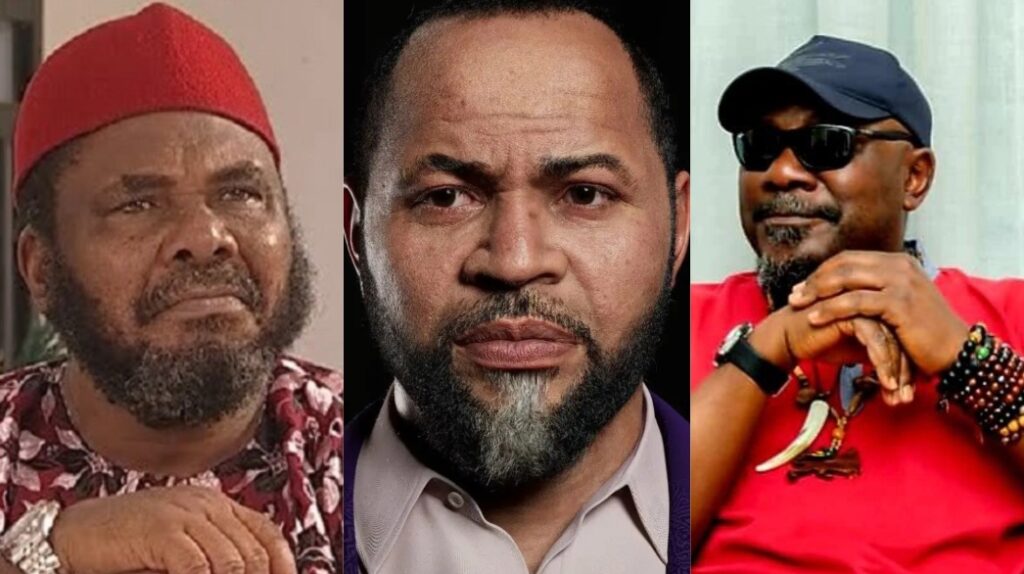Determining the richest individuals in developing or underdeveloped countries is a complex task that presents numerous challenges. Factors such as the lack of transparency, the prevalence of informal economies, and limited access to reliable data contribute to the difficulty in accurately assessing the wealth of individuals in these countries. This article will delve into these challenges and provide insights into why determining the richest people in developing or underdeveloped countries can be a daunting endeavor.
Lack Of Transparency
Developing or underdeveloped countries often lack robust systems for financial reporting and transparency. This absence of transparency makes it challenging to ascertain the true wealth of individuals. Wealthy individuals may have their assets spread across various entities, making it difficult to accurately assess their net worth. Additionally, corruption and illicit financial activities further obscure the true wealth of individuals, as these activities are often conducted behind closed doors and go unreported.
Informal Economy
A significant portion of economic activity in developing or underdeveloped countries occurs in the informal sector. This sector, which is not easily tracked or regulated, poses a significant challenge when determining the richest individuals. Wealth generated through informal channels, such as cash-based businesses or illicit activities, may not be captured in official records. The lack of formal documentation and reporting in the informal economy makes it difficult to accurately evaluate the wealth accumulated through these means.
Limited Access To Data
Unlike developed countries where wealth rankings are often compiled using publicly available information, data on the wealth of individuals in developing or underdeveloped countries may be scarce or unreliable. Governments in these countries may not have comprehensive databases or public registries of assets, making it challenging to access accurate information. Additionally, individuals themselves may be reluctant to disclose their wealth due to privacy concerns or fear of political repercussions. This lack of accessible and reliable data further complicates the process of determining the richest individuals.
Determining the richest individuals in developing or underdeveloped countries is a complex task due to several challenges. The lack of transparency, prevalence of informal economies, and limited access to reliable data make it difficult to accurately assess the wealth of individuals in these countries. Efforts to improve financial reporting systems, enhance transparency, and establish comprehensive databases are essential to overcome these challenges. As developing and underdeveloped countries progress, it is crucial to address these obstacles in order to gain a more accurate understanding of the wealth distribution within their societies.

